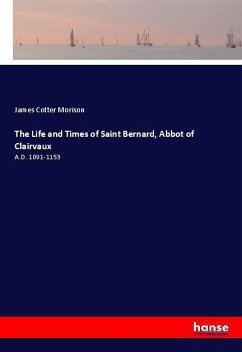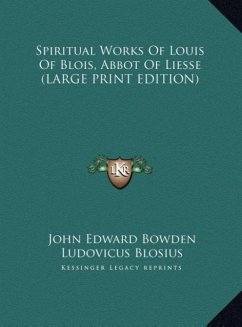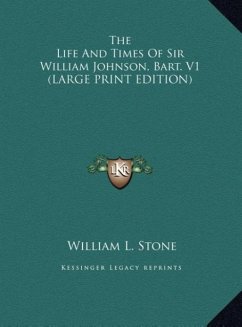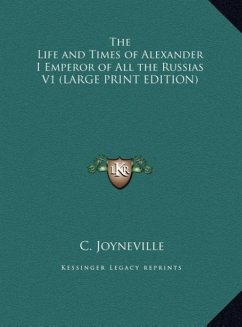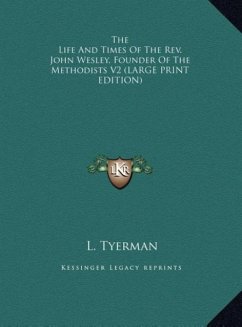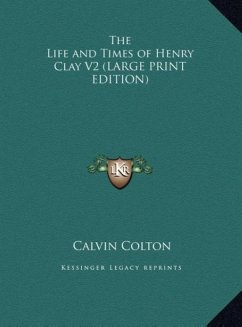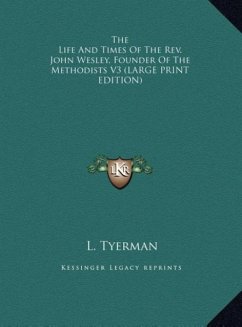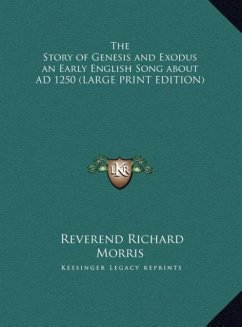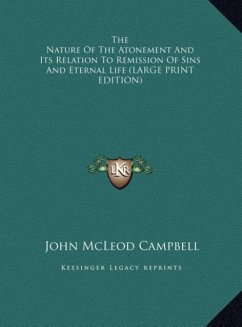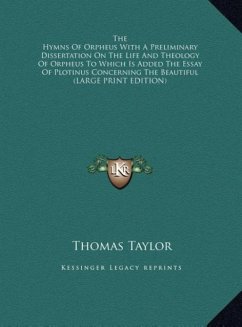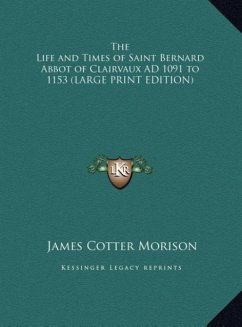
The Life and Times of Saint Bernard Abbot of Clairvaux AD 1091 to 1153 (LARGE PRINT EDITION)
Versandkostenfrei!
Versandfertig in 1-2 Wochen
50,99 €
inkl. MwSt.

PAYBACK Punkte
25 °P sammeln!
(LARGE PRINT EDITION) 1884. This is the story of Saint Bernard, the founding abbot of Clairvaux Abbey in Burgundy and one of the most commanding Church leaders in the first half of the twelfth century. One of the greatest spiritual masters of all times and the most powerful propagator of the Cistercian reform, he was also a gifted spiritual writer. His Apologia is one of his most controversial and most popular works.



